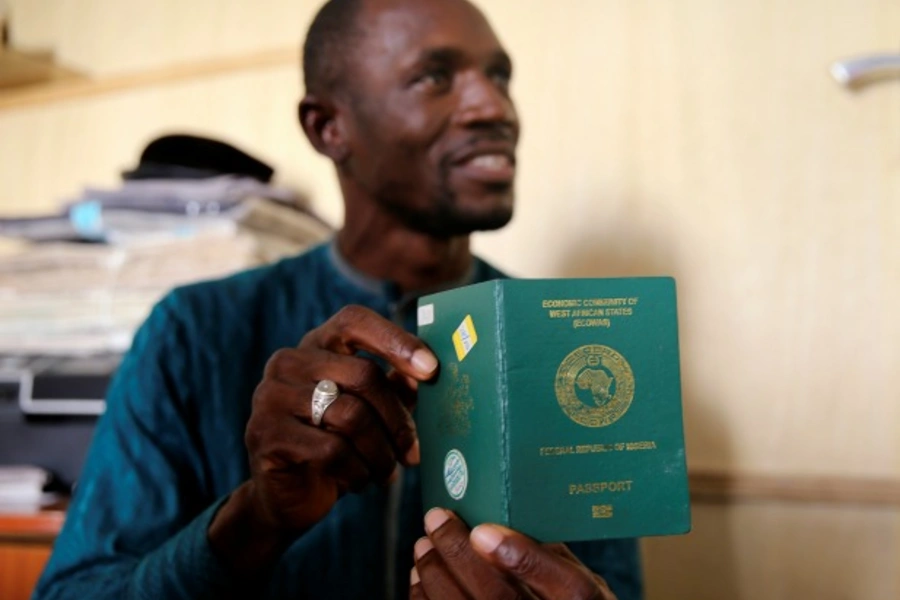More on:
Each year the University of Southern California hosts the African Global Economic and Development Summit. It is intended to bring together business, government, and others interested in U.S.-African trade and investment. This year, according to the Voice of America (VOA) there were no African participants. All Africans that had been invited or applied to attend were denied U.S. visas, including speakers and African government officials. This included citizens of U.S. partners such as Sierra Leone, Guinea, Ghana, Nigeria, Ethiopia, and South Africa. Nigeria and South Africa have the continent’s largest economies and both are on a democratic trajectory. In addition, Ethiopia is an important U.S. strategic partner in the war on terror, while Ghana has notable growing economic and cultural ties with the United States.
The VOA quotes summit organizer Mary Flowers as saying that most years, some forty percent of African participants are denied visas. This year, all of them were. Some would-be participants complained that they had their visa interview only a few days before they had intended to travel, even though they applied months ago.
The State Department did not respond to a VOA request for comment. In any event, the State Department is precluded from discussing in public specific visa cases.
The consular function, especially visas, is chronically underfunded at the Department of State. This can lead to poor quality visa adjudication decisions. If the Department of State budget is cut by up to thirty percent, as the Trump administration proposes, the current unfavorable situation will almost certainly get worse. Even if the consular function were to be fenced off (not yet an administration proposal) the cuts that would be applied to the administrative functions would still have an impact on the timely adjudication of visa applications. The general concern, even paranoia about foreign visitors to the United States, especially those with Muslim names, probably contributes to adjudicators’ reluctance to issue visas to Africans.
Many Africans have long believed that the United States discriminates against Africans, as it did against African-Americans for most of its history. Episodes such as the University of South California conference can only re-enforce that view.
More on:
 Online Store
Online Store

